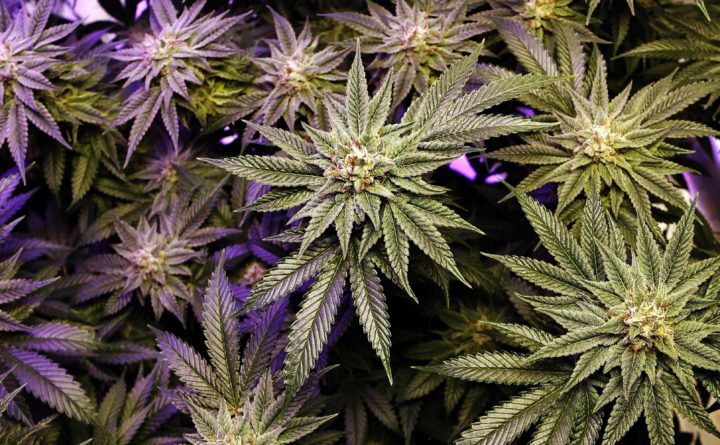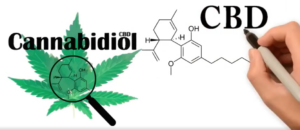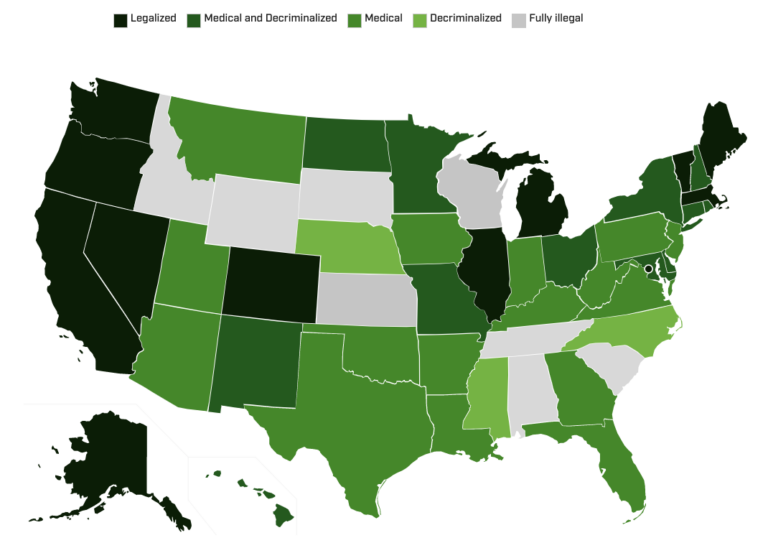CBD Basics 101
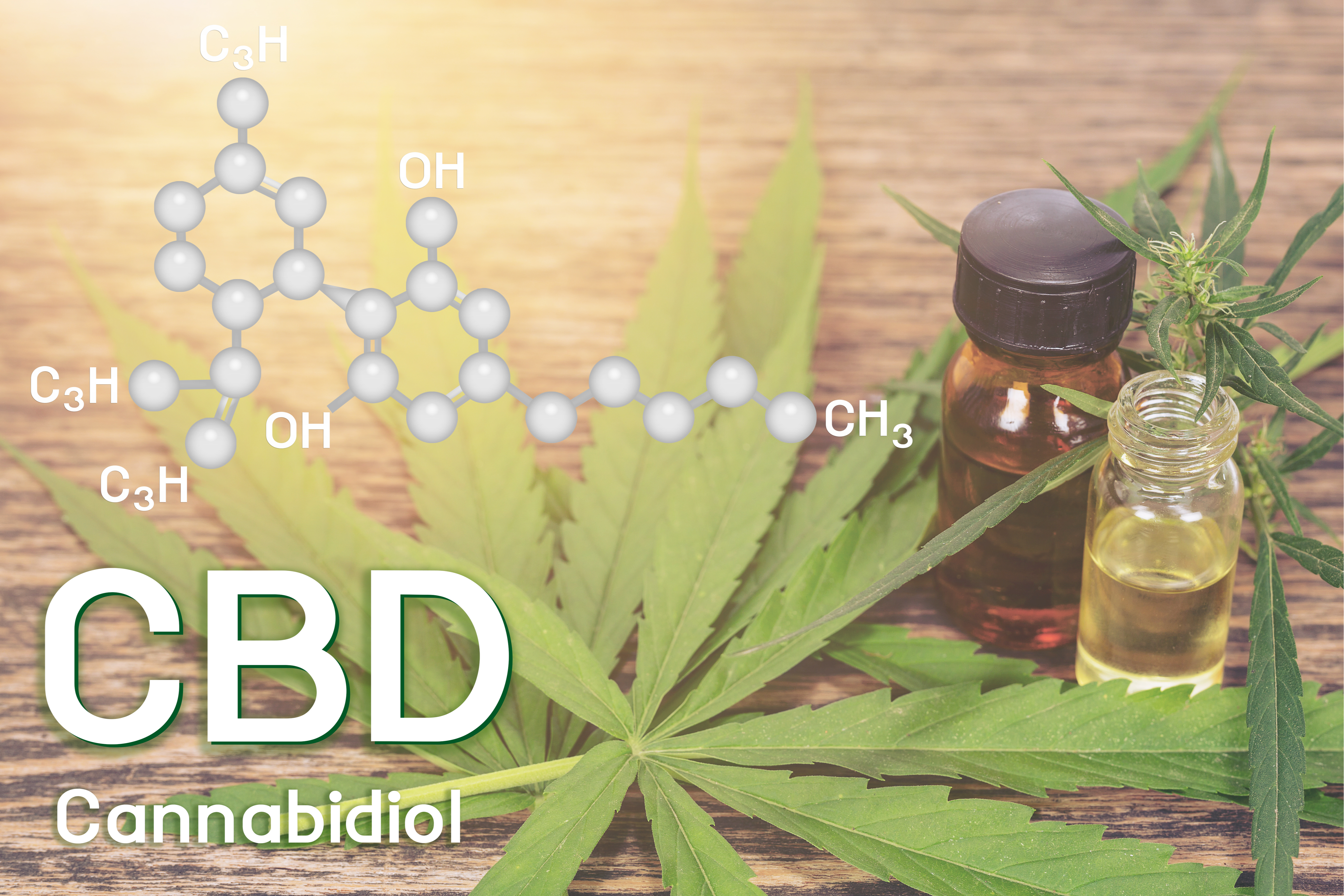
CBD is short for Cannabidiol and is a compound derived from hemp. It is a different but equally useful compound than Tetrahydrocannabdiol (THC,) which is the phytochemical that produces a euphoric high. While CBD won’t get you high, its relationship to the human endocannabinoid system makes it a fantastic medicinal treatment. CBD does change cognition. It affects mood, which is why people take it for anxiety and feelings of alertness. The physiological benefits are beginning to be examined and reported at a staggering pace, and the market is growing at an equally robust clip. All of the information contained in this course is designed to empower you as a professional in the CBD industry.
CBD is just one of over 113 identified cannabinoids. Cannabinoids are 21-carbon molecules that block or stimulate endocannabinoid receptors. It’s known that other cannabinoids, such as THC, THCV, CBN and CBD, bind to CB1 and/or CB2 receptors, just as do the brain’s own naturally occurring cannabinoids – AEA (anandamide) and 2 AG (2-arachidonoyl glycerol). CBD was isolated from the cannabis plant in 1940, and its chemical structure was established in 1963.
Below Is Legal US Grown Hemp Flower
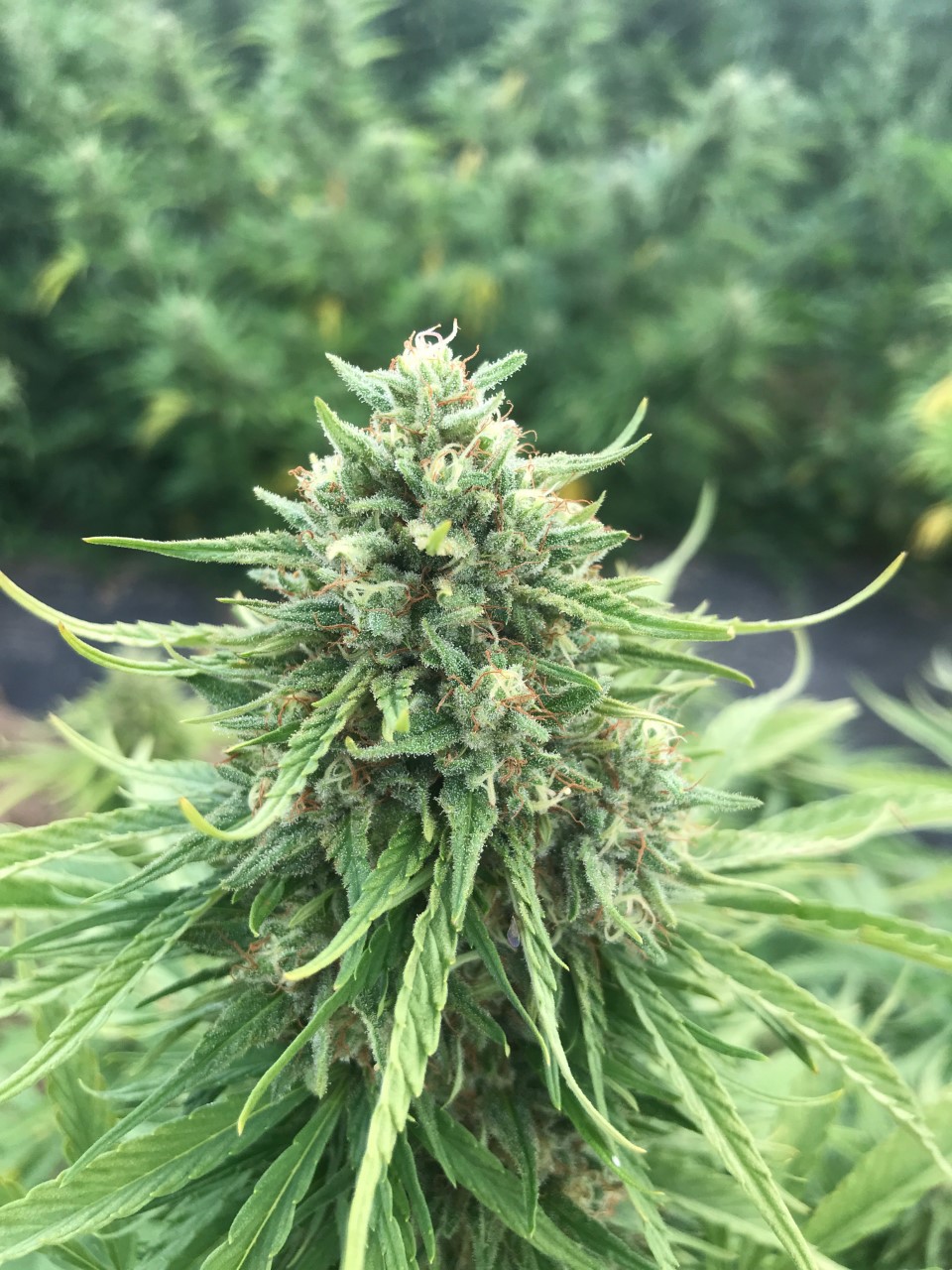
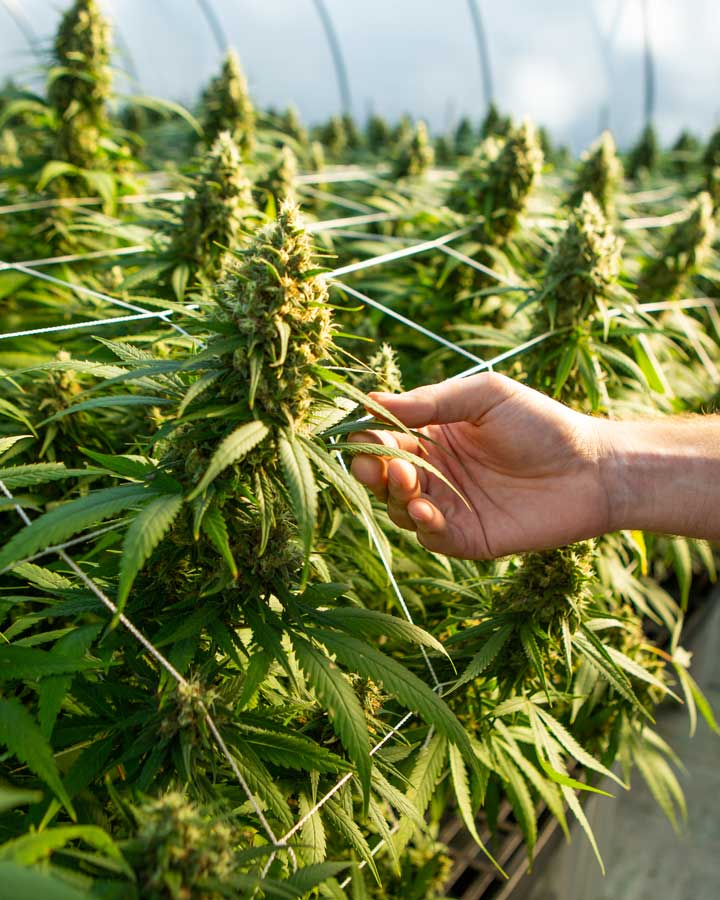
Hemp, or industrial hemp, is a variety of the cannabis plant. It may look similar to Marijuana but hemp is actually a distant member of the cannabis family. It’s the difference in cultivation as well as chemical makeup which makes hemp such a unique plant. It requires less water to grow, which makes it a great alternative to traditional crops for farmers and requires very few pesticides so it is better for the environment. Both hemp and marijuana are members of the same cannabis species but are genetically different. Hemp refers to varieties of the Cannabis Sativa L plant. Hemp and marijuana, which also have different leaf patterns, can be further differentiated by use. Hemp contains only about 0.3% – 1% THC while marijuana contains at least 5% – 10% THC and sometimes more. This percentage is the key to both the legality of hemp and the controversy in its usage vs. marijuana.
Cannabidiol has been known to assist in the relief of pain, inflammation, anxiety, seizures without causing associated inertia or depression. Many people who have been diagnosed with illnesses such as arthritis, PTSD, depression, epilepsy and chronic pain have reported that they take CBD as a side treatment and to provide temporary relief to their condition.

Below Is US Grown Marijuana Flower
Marijuana is legal in 33 states
